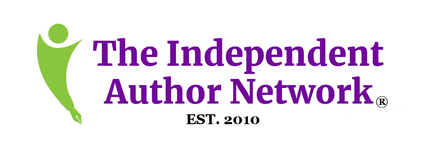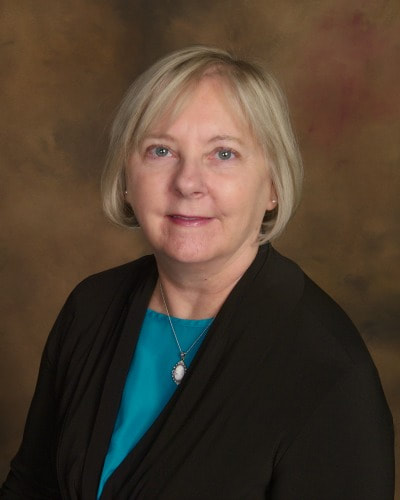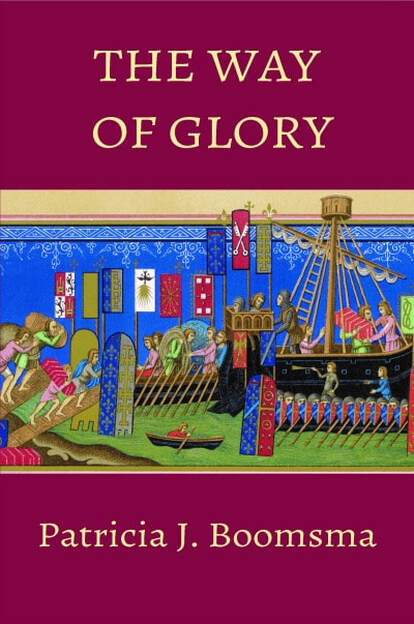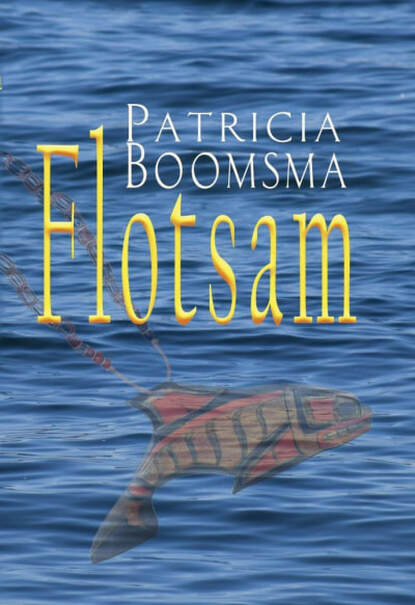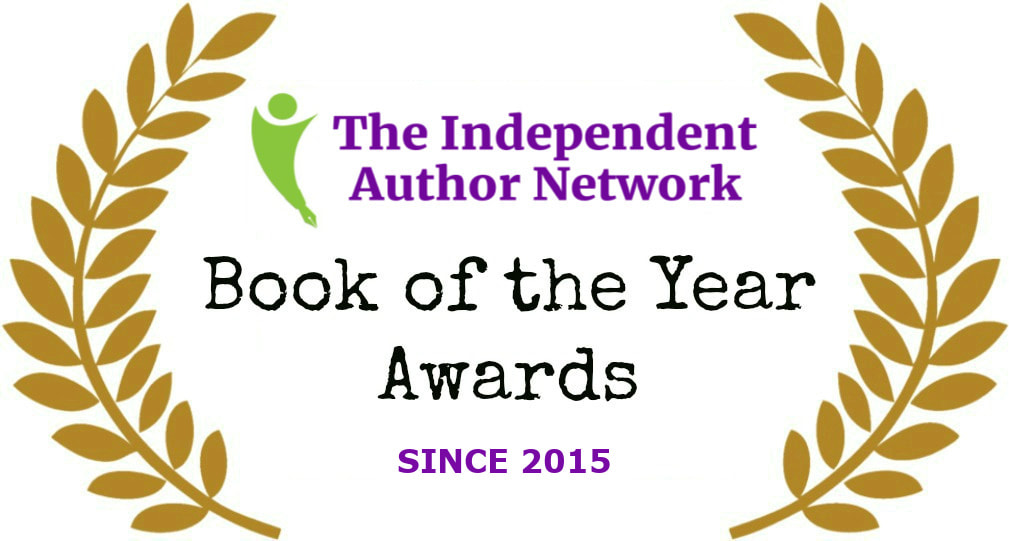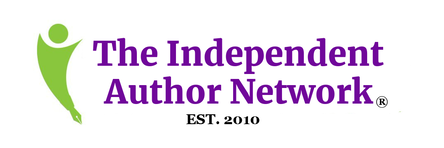Patricia Boomsma
|
After reality dashed my dreams of an academic life during my Ph.D. program in medieval literature at Purdue, I went to law school at Indiana University in Indianapolis. I recently retired after having practiced law in Arizona for over thirty-five years. The idea for my first novel came when I visited Spain and saw through their stories and architecture how very different Spain and Northern Europe were during the Middle Ages. I began writing and soon discovered that I needed help. I enrolled in the MFA program at Queens University of Charlotte and graduated in May 2016.
My short stories appeared in Scarlet Leaf Review, Persimmon Tree, and Vignette Review. My poem “Arc of the Apocalypse” appeared online and in the anthology “Poems From the Aftermath” (Indolent Press). My first novel, The Way of Glory, won several awards, including the 2019 Bill Fisher Award from the Independent Book Publishers Association. My second novel. Flotsam, was published by Bedazzled Ink Press on September 26, 2023. My third novel, Lost, will be published in 2024. |
The Way of Glory
|
Historical Fiction
Cate, a teenage girl from twelfth century England, joins her brothers and aunt on a crusade to save Jerusalem that stops in Hispania to battle the Moors. Life on a battlefield strains the family’s closeness as they confront the terror and contradictions of holy war. Cate’s dreams of sainthood change to those of a husband and children when she falls in love with a soldier, but she finds no peace even after the family settles on land taken from the Moors. Cate’s friendship with a conquered Moor soon leads to impossible choices as she faces the cost of betrayal and the loss of all she’s known. |
Flotsam
|
Crime Fiction
The discovery of a foot in a running shoe along the Pacific shoreline brings Deputy Prosecuting Attorney Kelly Flynn to the crime scene where she meets Therese, the mother of a missing Native woman, Diyanni. Overwhelmed with other commitments and the needs of her own troubled teenaged daughter, Kelly resists helping Therese, but when Kelly sees the dismissive attitude of city police and the Bureau of Indian Affairs, she offers to help work through the jurisdictional maze of law enforcement agencies. Kelly finds herself in a tangle of disinterest, neglect, and lack of resources. Kelly’s daughter Ruth takes advantage of Kelly’s absences, and Ruth’s eventual arrest forces Kelly to assess her priorities while trying to hold on to her idealism. Flotsam recounts the search for Diyanni interspersed with the story of Henry, a young man who joins the Army to escape his abusive father. There he finds a sense of community and order missing from his early life. An injury, however, leads to a dependency on opioids. When a dangerous raid in Afghanistan leads Henry to overindulge, he is caught, discharged, and sent back to the United States. In Washington State, he has difficulty finding a job and an affordable place to live. His constant pain and the siren call of his addiction leads to erratic moods, losing his job, and increasing depression. These storylines converge in a confrontation that resolves the mystery but raises questions about a justice system that provides little help to the vulnerable. |
